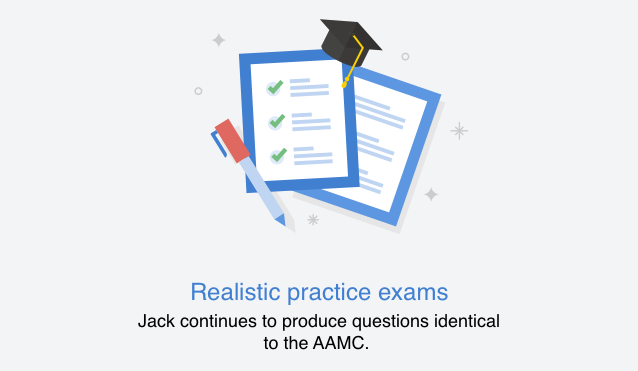Practice Questions
Khan Academy
MCAT Official Prep (AAMC)
Section Bank P/S Section Passage 10 Question 76
Section Bank P/S Section Passage 10 Question 77
Sample Test P/S Section Passage 5 Question 34
Practice Exam 1 P/S Section Passage 4 Question 20
Practice Exam 1 P/S Section Passage 4 Question 22
Practice Exam 3 P/S Section Passage 4 Question 20
Practice Exam 3 P/S Section Passage 4 Question 21
Key Points
• The interactions of endocrine hormones that have evolved to stabilize the body’s internal environment can be disrupted by stress.
• Stressors are stimuli that disrupt homeostasis.
• The adrenal gland and hypothalamus coordinate the hormonal response to stress.
• Release of the stress hormone cortisol leads to biological changes in the body characteristic of stress.
• Although our bodies can respond to and deal with stress in the short term, long-term exposure to stress hormones can have detrimental effects.
• Individual distress manifests in three basic forms: psychological disorders, medical illnesses, and behavioral problems.
• When individuals suffer from a high degree of stress, overall efficiency can substantially decrease.
• In general, individual distress manifests in three basic forms: psychological disorders, medical illnesses, and behavioral problems.
• Physiological reactions to stress can have a long-term impact on physical health. Stress is one of the leading precursors to long-term health issues.
• A person can also exhibit behavioral problems when under stress, such as aggression, substance abuse, absenteeism, poor decision making, lack of creativity, or even sabotage.
Key Terms
Fight-or-flight response: a physiological reaction that occurs in response to a perceived harmful event, attack, or threat to survival
Homeostasis: the ability of a system or living organism to adjust its internal environment to maintain a stable equilibrium, such as the ability of warm-blooded animals to maintain a constant temperature
Hypothalamus: the region of the forebrain below the thalamus, forming the basal portion of the diencephalon; regulates body temperature and some metabolic processes, and governs the autonomic nervous system
Stressor: a source of stress
Cortisol: a steroid hormone produced in the adrenal glands associated with stress
General Adaptation Syndrome (GAS): a theory that demonstrated that stress that is perceived as a threat (distress) may be debilitating if it is continuous











